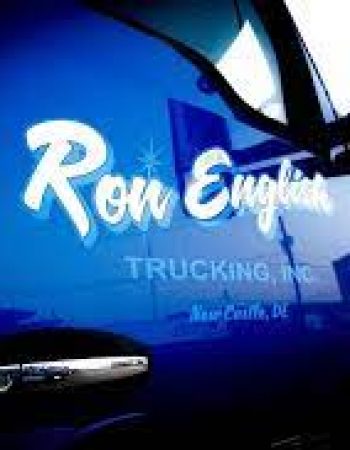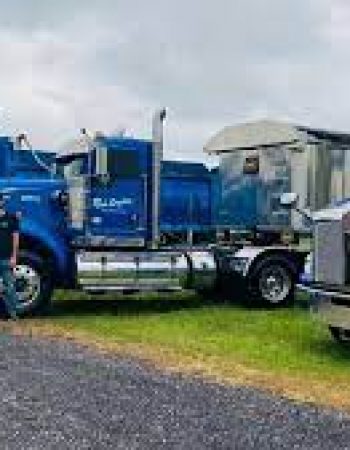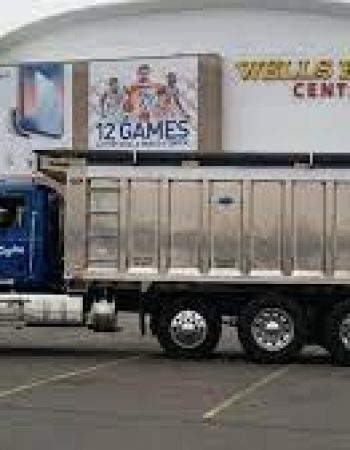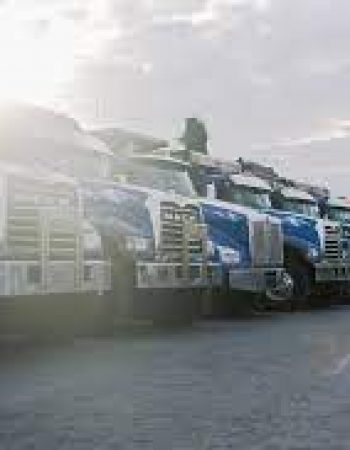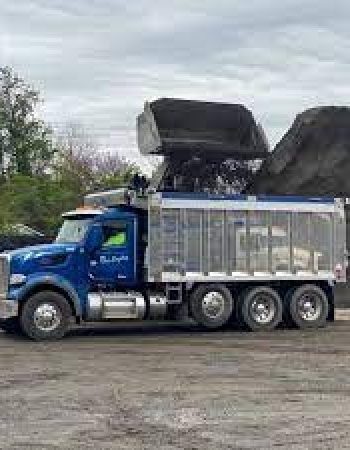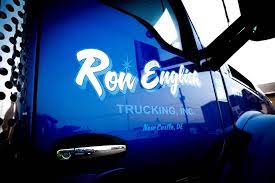Company History
Ron English Trucking was started in New Castle, Delaware in 1996 by Ronald English Sr. Ron was inspired by his father Russell English who was involved in many professions, all of which had something to do with heavy trucks. Ron started with One truck, and through hard work and dedication, Ron English Trucking grew a truck at a time to its current fleet construction of 40+ Tri-Axle Dumps and Tractor Trailers. Ron started the company with two goals in mind to provide excellent service to customers and to provide a great place of employment for his employees to thrive in.
Who We Are
Ron English Trucking Inc. is proud to still be growth-oriented, and always looking to stay involved in industry trends. We are dedicated to evolving and improving our service to meet our customer’s needs. Primary areas of service are Delaware, Maryland, Pennsylvania, and New Jersey. Typical materials hauled include Dirt, Pet Coke, Salt, Sand, Asphalt, Stone, and Various Minerals. If it is a Bulk commodity chances are we have hauled it!
Ron English Trucking Services
In order to meet our customer’s needs there are a few different ways you can utilize our services.
PER LOAD RATE
Hauling per load.
HOURLY RATE
Hauling by the hour.
DAILY RATE
Hauling by the day.
What are the differences between FTL Services and LTL Services?
FTL stands for Full Truckload. A shipment that is over 10,000lb or takes up an entire truck by
itself is considered Full Truckload. One of the main characteristic of an FTL Services is that it
will take your shipment on a long haul, making one trip from point A to Point B without transferring
the cargo.
LTL stands for Less Than Truckload. If you have 200 pounds of freight to transport, you’ve got an LTL
shipment. It takes just a section of the truck and the cargo is safely consolidated with other shipments
that may be picked up and distributed in the same area.
How can I avoid adjustments?
Adjustments can be costly, but can mostly be avoided with accurate information.
Common adjustments occur around oversized items (more than 12 feet in length), lift-gates,
limited delivery access, residential fees, reclassifications and changes to the bill of lading.


